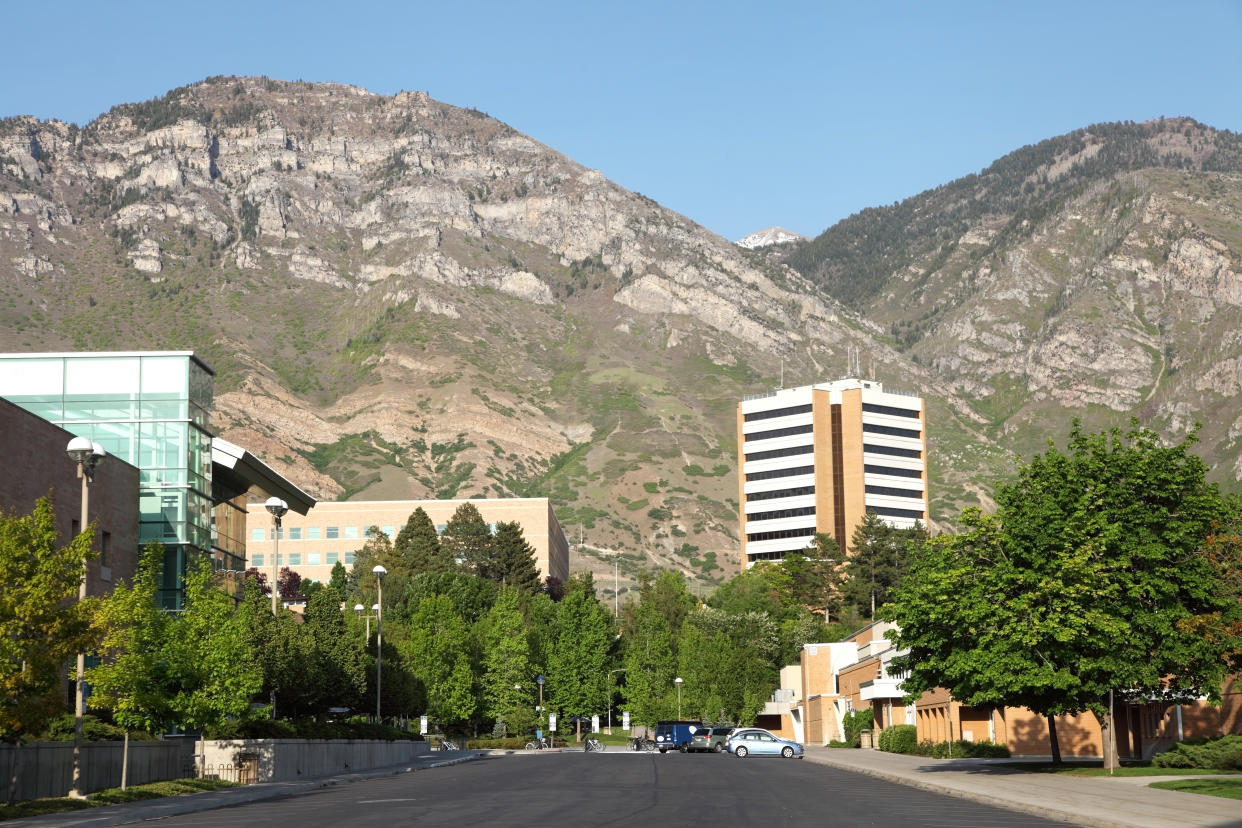These are the best performing cities: Milken Institute
The Milken Institution is out with its annual Best-Performing Cities Index, and as with most things this year, the COVID-19 pandemic had a hand at shaping the list. The index measures economic vitality in 200 large metropolitan areas, those with populations greater than 300,000. This year’s list takes into consideration jobs, wages, high-tech growth, housing affordability, and household broadband access.
“The pandemic has had an outsized impact on cities where the economic effects of the current recession are exacerbated by high housing costs,” said Kevin Klowden, executive director of the Milken Institute Center for Regional Economics and California Center.
“What you’re seeing, particularly this year is that the cities that have done the best of that, what we consider our top tier, are cities that are building on infrastructure and activities that they had already set up in many ways. These are all cities with knowledge base industries, all cities that really have strong economies,” said Klowden.
States from around the U.S. were represented on this year’s list:
Provo-Orem, Utah
Palm Bay-Melbourne-Titusville, Florida
Austin-Round Rock, Texas
Salt Lake City, Utah
Raleigh-Cary, North Carolina
Boise, Idaho
Phoenix-Mesa-Chandler, Arizona
Nashville-Davidson-Murfreesboro-Franklin, Tennessee
Ogden-Clearfield, Utah
Huntsville, Alabama
Denver, Aurora-Lakewood, Colorado
Fort Collins, Colorado
Seattle, Bellevue-Kent, Washington
Utah comes in strong, with three cities in the top 10, including the number one entry — the Provo-Orem area.
“As a place right now it is doing very well for itself,” says Misael Galdamez, senior policy analyst for the Milken Institute Center for Regional Economics. He tells Yahoo Finance that every single metro area in the state of Utah met tier-one criteria on Milken’s list.
What makes Provo so successful, according to Galdamez, is its strong "innovation ecosystem," rooted in Brigham Young University's (BYU) main campus there. Galdamez also tells Yahoo Finance that Provo, unlike other tech-centered areas like San Francisco, has affordable housing and lifestyle costs. These traits are also shared with Salt Lake City, which comes fourth.
“Salt Lake City is very similar to Provo. It has a pretty strong tech sector. It also has developed financial and professional services. So it’s industrial basis is pretty diversified, and has the kinds of jobs that can survive COVID. It also has a lot of middle-skill kinds of jobs like health-tech manufacturing that can provide workers with middle-class existence.”

Palm Bay, Florida — known as the “Space Coast” due to its proximity to Kennedy Space Center and Cape Canaveral Space Force Station — primarily for its institutional assets, such as in the defense and aerospace industries.
“Palm Bay has also built up industries around that. So it’s not like it’s just the one sector, there’s adjacent industries related to aerospace and defense manufacturing that [it has] been able to specialize in. I think that’s also a part of what makes Palm Bay special. And that also translates to say job growth and wage growth overall.”
Austin, Texas, which takes the third spot on the list, has been in the spotlight for many years. Aside from being the capital city of the Lone Star State, it is home to academic-industry research and a growing tech industry due to its low tax rates. Tesla (TSLA) and Oracle (ORCL) have announced that they are moving their headquarters to Austin.
The Raleigh-Cary area of North Carolina rounds out the top 5. One of the reasons it ranks so high is it's home to the "research triangle:" North Carolina State University, Duke University, and University of North Carolina at Chapel Hill
“Raleigh is pretty famous for what’s known as the research triangle basically, they’ve been between the academic side, the private sector side, and the government side. They’ve been making investments in high-tech industries, research, and development, life sciences, basically since the 90s. So they are basically reaping the rewards of things that they have sowed for quite some time.”
Reggie Wade is a writer for Yahoo Finance. Follow him on Twitter at @ReggieWade.
Read more:
Teachers are not yet eligible for vaccines in these 20 states
‘We didn’t think we’d be open this long:’ Restaurant owner on community support
How the US can use existing financial institutions to build an equitable COVID-19 recovery
Biden extends pause on federally-backed student loan payments through September
How the pandemic drove college students and professors into ‘Zoom University’
How Zoom became ‘critical infrastructure’ for millions of kids learning online
Read the latest financial and business news from Yahoo Finance
Follow Yahoo Finance on Twitter, Facebook, Instagram, Flipboard, SmartNews, LinkedIn, YouTube, and reddit.
